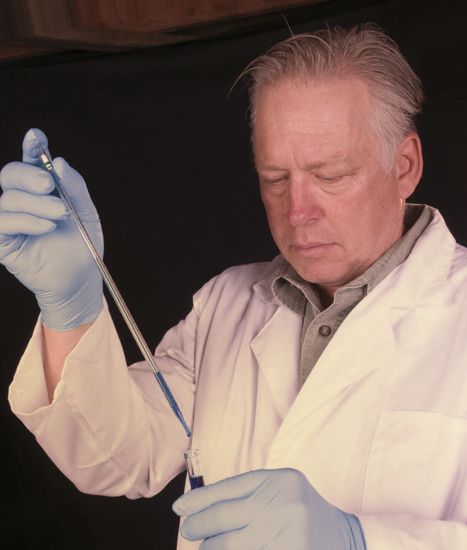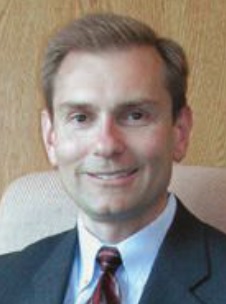Getting the word out
Edward P. Salek, CAE, Executive Director | TLT Headquarters Report September 2015
From obscurity to immortality—the rise of the word ‘tribology.’

In 1965 a group of lubrication engineers decided they needed a name for what they did… out of this came the word tribology.
THE NEW YORK TIMES CALLS IT, “The most welcomed, most enduring piece of daily mass email in cyberspace.”
“It” carries the subject line A.Word.A.Day and is exactly as described—an email message that provides recipients with a definition and some background on words that are somewhat out of the ordinary. The daily messages are provided through an organization known as Wordsmith (
www.wordsmith.org), which characterizes itself as a worldwide online community of people who share a love for words, wordplay, language and literature. I am one of 527,850 subscribers in more than 200 countries.
Each week’s messages focus on words that relate to a common and clever theme. For example, “words related to Pluto and its moons” or “words borrowed from Yiddish.” During a week this past July, the theme was “words that aren’t what they appear to be.” Tribology made the list.
Mr. Anu Garg, creator of Wordsmith and a degreed engineer from Case Western Reserve University in Cleveland, handled the definition and explanation like this:
“Even though it looks like the perfect word for it, tribology is not the study of tribes. (Tribology is) the study of interacting surfaces in relative motion and associated issues, such as friction, lubrication and wear. A related term is triboelectricity: electricity generated by friction.”
In addition to a definition, the messages also provide an intriguing back story on the genesis of the term. For tribology, that story goes like this, according to Garg:
“Usually words are coined on the streets of language, but here is one instance where a word may be considered to have been synthesized in a lab, if there could be such a thing as a word lab. In 1965 a group of lubrication engineers decided they needed a name for what they did and contacted the editors of the Oxford English Dictionary for help. Out of this came the word tribology, suggested by one C.G. Hardie of Magdalen College.”
Colin Graham Hardie (1906-1998) was a prominent academic at Magdalen College, one of the constituent colleges of the University of Oxford in England. Magdalen College’s long and diverse list of distinguished alumni includes Oscar Wilde, Edward Gibbon, C.S. Lewis, Andrew Lloyd Webber, Dudley Moore and George Will.
What’s it all mean? Well, on the less positive side, it is fair to say that having an organizational name that makes lists of obscure words is probably not a good thing. But let’s look at it another way. This episode highlights the opportunity to explain the many ways tribology intersects with our daily lives—much like STLE President Martin Webster did in the August issue of TLT.
Efforts will continue. One of the four pillars for our current strategic plan commits STLE to being a global advocate for tribology and lubrication engineering. Part of this involves a more active communications program targeting audiences other than those already involved in the field.
Or, to say it another way, we will be getting the “word” out!
 You can reach Certified Association Executive Ed Salek at esalek@stle.org
You can reach Certified Association Executive Ed Salek at esalek@stle.org.